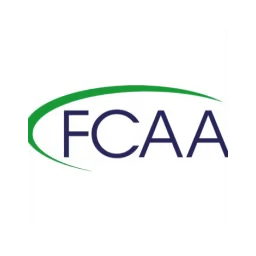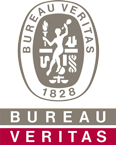Secrets to Financial Success: Achieve a Tranquil Lifestyle
Secrets to Financial Success:Achieve a Tranquil Lifestyle IntroductionThe Path to Financial Empowerment with CreditGUARD Financial empowerment is not just about having money, but about having control over it. It involves making informed decisions, planning for the future, and building a solid foundation that will lead to a tranquil lifestyle. CreditGUARD, a nonprofit credit counseling agency, …











